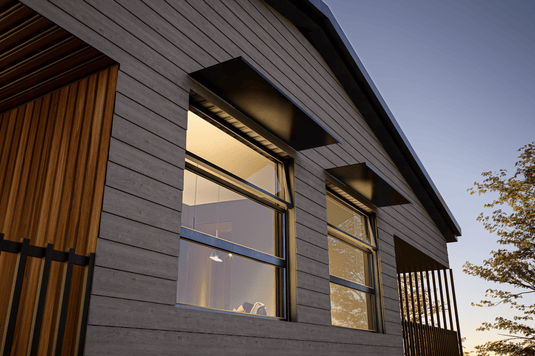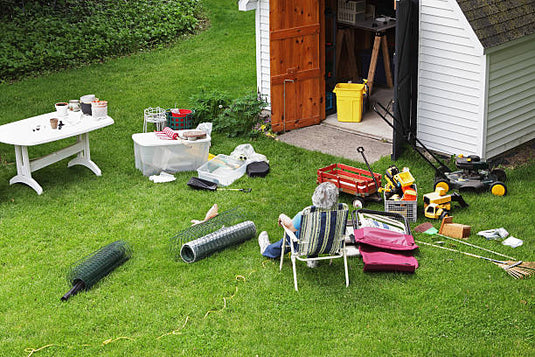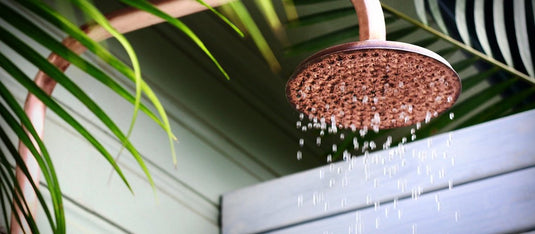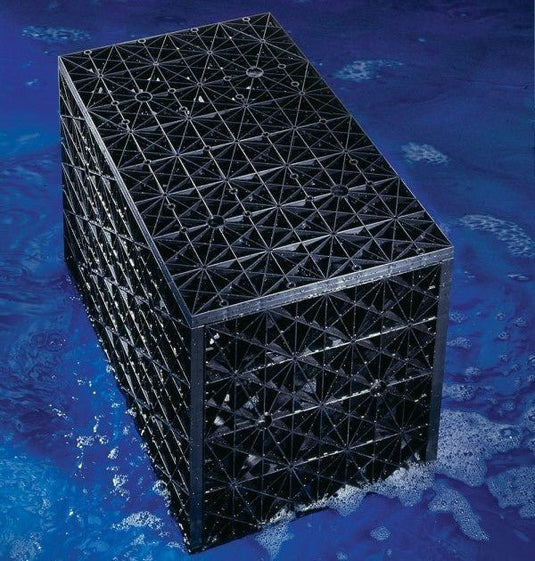Like buildings, relationships and just about everything in life, lawns and need good foundations. Whether its from the family car or some native wildlife, they can take a beating and start looking like the tee off at your local golf course.
Protecting the roots when your turf is laid can help you avoid many of the most common types of damage your grass can sustain. This is especially something you should consider your yard is going to be exposed to a lot of traffic from children and pets or vehicles.
Even if the grass itself isn’t torn up, the soil can become compacted, making it difficult for water and air to reach the roots, so a system that prevents compaction will serve you well in the long run.
Grass Reinforcement to the rescue
Rather than wasting your week constantly refilling these divots with soil or sand, reinforce your turf a stable grid system. Products such as the Atlantis Turf Cell act as a barrier for grass roots, preventing soil compaction and destruction of the root system.
To put it simply, you can drive over the grass all you like and it won’t die off. This is because only the blades of the grass are the above the protective grid, the root ball is sitting untouched inside the plastic cell void. Unlike concrete and other reinforcement options the cells are completely permeable, meaning they wont affect your stormwater requirements.
Sold in square metre sheets of clipped together recycled plastic panels, the turf cell is incredibly easy to install and suits projects of all sizes, from backyards to sports fields.
Simply lay the turf cells on top of 100mm of compacted road base, or equivalent growing media, followed by 20mm of sand (if required). Then fill the cells completely with topsoil straight from the truck (you can drive straight over them for unloading!) and water the soil in. Fill to the top of the cells and either seed the soil or roll your turf over the top. If using turf rolls, make sure to hit them to break off excess dirt - this ensures the roots are completely inside the cell, not just sitting on top.
If you’re laying new turf in the backyard or in a rooftop greenspace, you might also want to invest in some drainage cell underneath to help get your garden off to the right start. This eco-friendly product provides modular drainage wherever you need it, to prevent flooding in urban greenspaces as well as a passive irrigation source in landscaped gardens. It also enables you to direct the flow of excess stormwater that would normally flood low-lying areas of your lawn.

A large component of gardening is preparing for the next season and putting measures in place to make it difficult for pests and diseases to take root, and in Australia’s climate keeping an eye on the weather during different seasons and adjusting watering schedules is as important as spraying for weeds and fertilising. Modern varieties of turf are developed to be tolerant of drought, shade, weeds and pests but as a living thing it still needs care even with the best possible preparations.

Spring brings a surge of growth for both grass and weeds so feeding the plants you want and inhibiting the growth of those you don’t will be a priority. It’s also the time when pests start laying eggs but they are also often the first food source for nesting birds so keep this in mind when you choose your pesticides.
Toward the end of the year it’s a good idea to let your grass grow longer so as not to encourage weed growth and to prevent the soil from drying out as quickly, especially if you live in areas prone to drought. A wetting agent can also help your soil retain moisture better during the Summer months, so that your grass can go longer between drinks.

Autumn is a good time to build up your yard’s health before the cold hits, so remember to fertilise before your grass’ growth slows right down while spraying for Winter weeds before they emerge.
While you should always remain vigilant of pests and weeds, your lawn can require mercifully little maintenance over Winter, provided it has been adequately cared for in previous months. Growth will be slow, so mowing will be infrequent, and weeds will also be taking it easy, but this doesn’t mean you shouldn’t keep an eye out. If you have any varieties of trees that drop leaves make sure to keep them under control to prevent die-back, too.
Proper ground preparation before your turf is even laid is one of the most important things you can do to ensure you have a level, lush lawn for years to come, so laying drainage cell or a stable grid under your new turf can safeguard against compaction which leads to ruts and die-off. After all, prevention is the best cure. Once you’ve made this initial investment, follow it up with proper lawn care and you’ll have an enviable garden year-round.
Want to get a price on the Atlantis turf cell or Atlantis drainage call products? Simple give Eco Sustainable House a call and our friendly team will get you a quote in no time.






